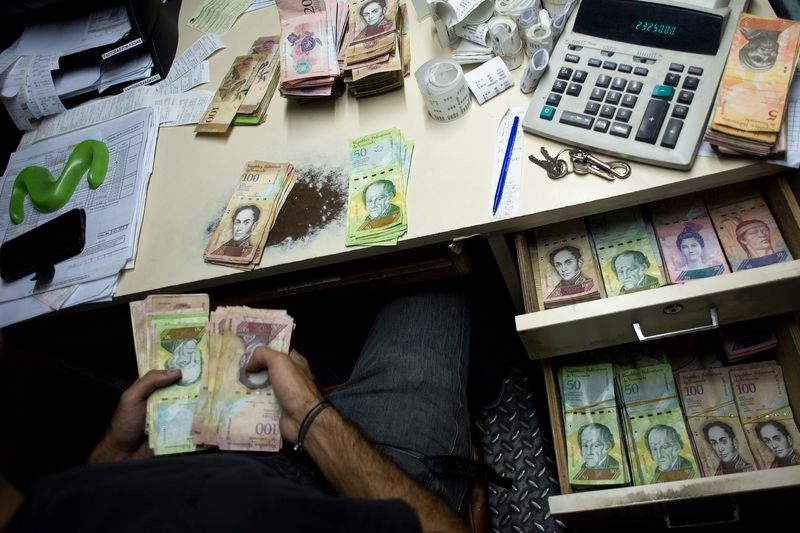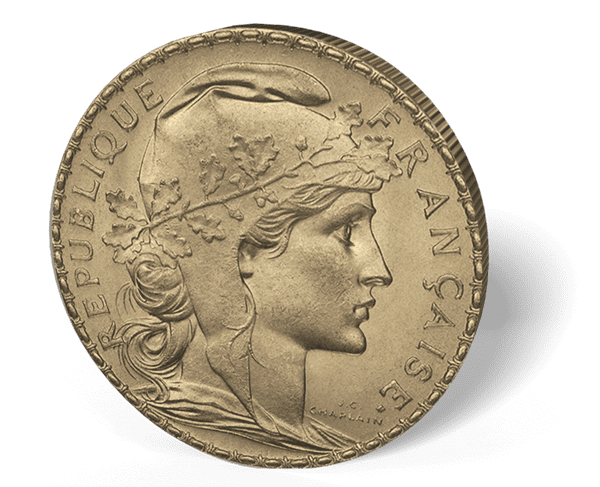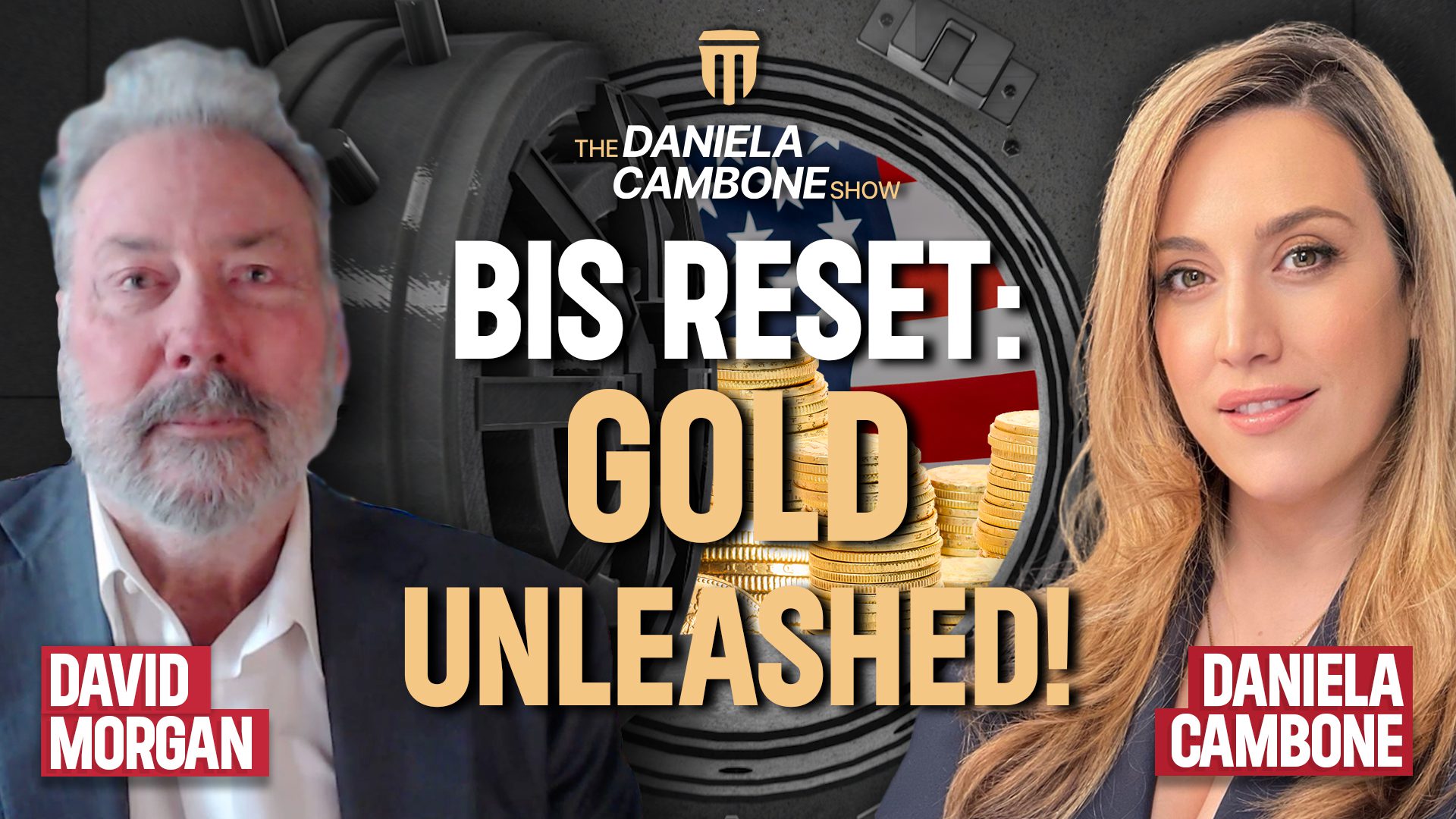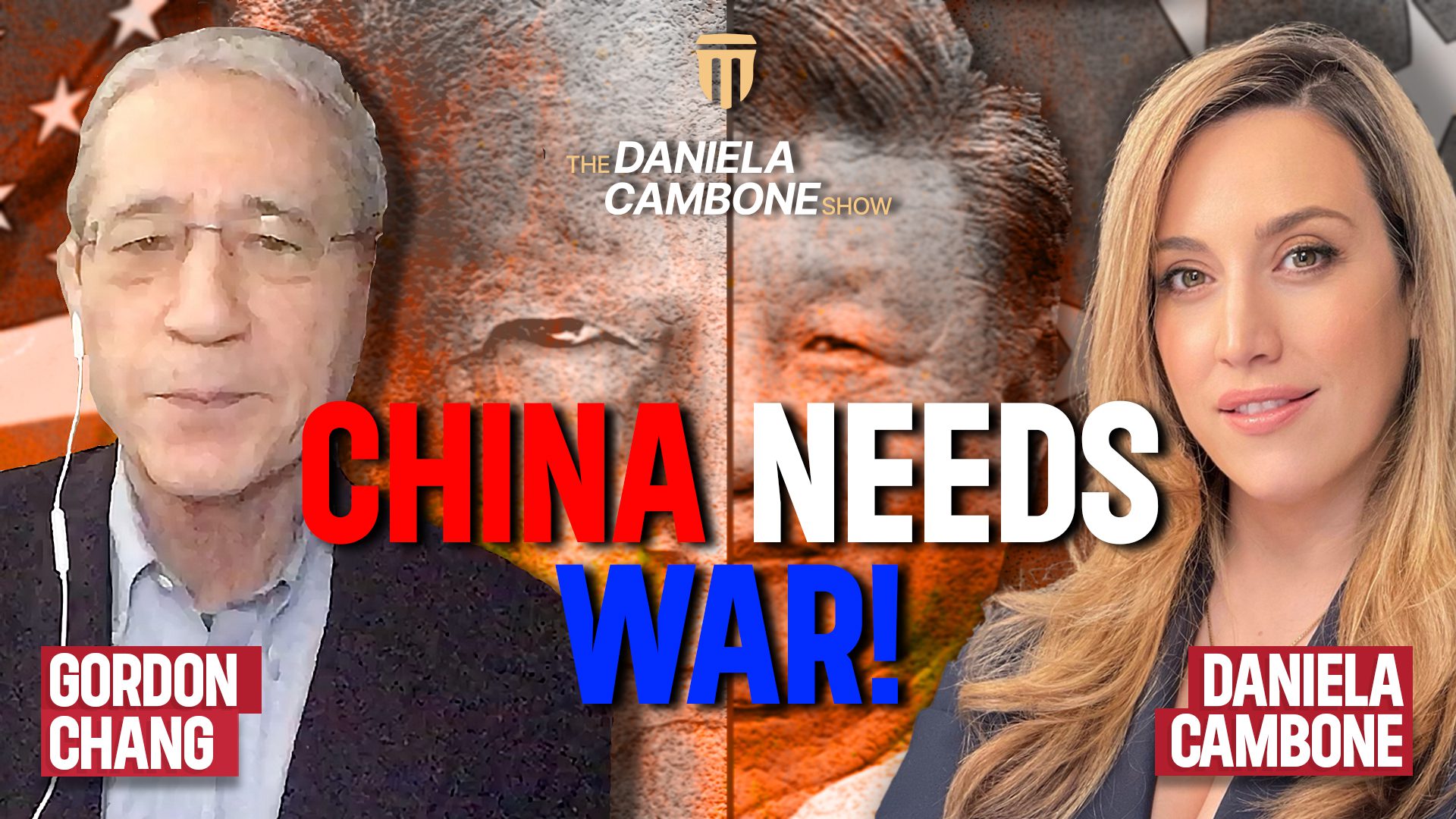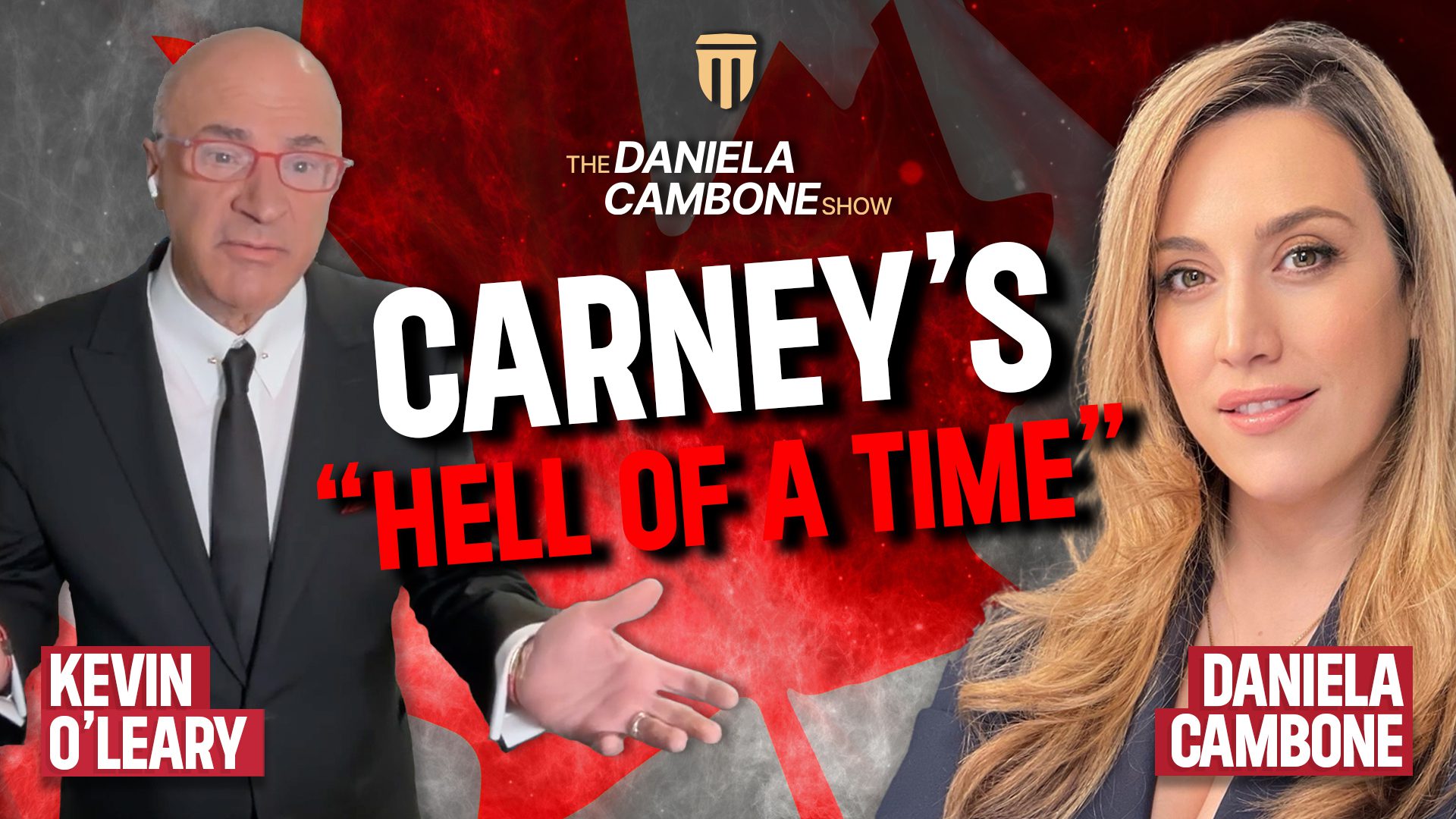Venezuelan Currency Crisis

The Venezuelan currency crisis is continuing. Venezuela is located on the northern coast of South America. Venezuela is bordered by Colombia, Guyana, and Brazil. Roughly 31 million people inhabit the 352,000+ square miles that make up this federal republic. Venezuela is also oil-rich.
Venezuela has a somewhat unique economic situation. The government controls almost all of the natural resources in the country, including the oil. The Venezuelan government is supposed to use the profits from the sale of these natural resources to support the people. This can include giving them direct cash payments.
When oil prices are high, this tends to work out somewhat well. When oil prices are low, like they have been for quite some time now, the Venezuelan economic models begin to fail. There is simply not enough demand or payment for Venezuelan oil to support the bloated government programs, much less the citizens.

Venezuelan Currency Crisis : Lynette Zang Created This Graphic Showing The Price Of Gold In Venezuela.
I have written about the Venezuelan situation before for ITM Trading blogs, and ITM Trading’s Chief Market Analyst, Lynette Zang, has presented webinars on the topic. What is happening right now to Venezuela’s fiat currency happens to all fiat currencies; they fail and die.If Venezuela’s current iteration of fiat currency does indeed die soon, very low oil prices may be the catalyst.
The particular reason for this short follow-up article is to chronicle what is currently happening in Venezuela in relation to it’s failing currency and the ways Venezuelan’s are being affected in everyday life. When fiat currencies finally fail the reasons are often differing but the results are strikingly similar.
Hyperinflation in Venezuela  : Weighing Money.
The Venezuelan bolivar used to be one of the world’s strongest currencies. Today there are reports of Venezuelans filling duffel bags or travel bags with cash just to go to the market. Merchants store cash in boxes and hide it in trash bags. Some merchants are reluctant to take the cash to the banks because of the sheer volume of cash involved.
Some merchants are forced to make their cash deposits through an ATM, much like you can deposit cash into an ATM here in the US. The caveat in this particular scenario is that it takes quite a while to feed a trash bag full of cash into an ATM.
Venezuelans have seen inflation and hyperinflation before. In fact, Venezuelans know that when they start weighing cash, things are going from bad to worse. In the picture below a bakery manager Humberto Gonzalez weighs banknotes he just received from the sale of a small piece of cheese.
Though there are plenty of governmental programs in Venezuela there does not seem to me much government accountability. The Venezuelan government has refused to publish certain consumer price data consistently. The Venezuelan’s know they have inflation, they just are not being told how much. Bloomberg recently published an article describing the current cash woes in Venezuela.
“When they start weighing cash, it’s a sign of runaway inflation,†said Jesus Casique, financial director of Capital Market Finance, a consulting firm. “But Venezuelans don’t know just how bad it is because the government refuses to publish figures.â€
Venezuelan Currency Crisis : Dropping Values And Rising Dangers.
One of the telltale signs of runaway inflation is the need for bills with larger values or higher denominations. As the purchasing power of the cash drops, more and more cash is needed to purchase the same items as time goes on.
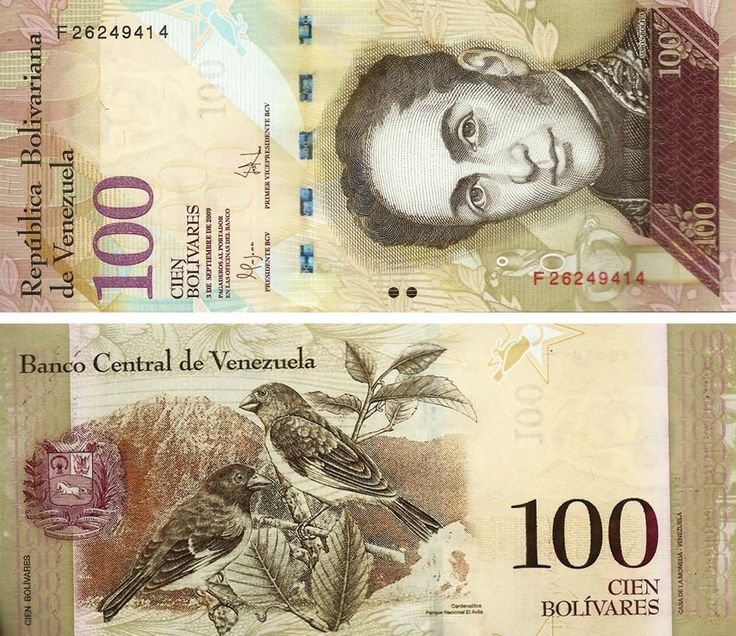
Venezuelan Currency Crisis : The Largest Venezuelan Currency Note Is The 100 Bolivar Note. The Note Is Nearly Worthless.
Currently, the largest bill available in Venezuela is the 100-bolivar note. You used to be able to buy plenty with one of these bills. Today it has less value than a US dime. Imagine if you had to pay for everything with nickels. Right now in Venezuela, basically, everyone is having to pay for everything nickel by nickel. No wonder they are weighing instead of counting.
Venezuelan Currency Crisis : Time To Print?
While I was doing the research fort this article update, The Wall Street Journal published an interesting article. We already knew that the Venezuelan government was looking into having bills of larger values printed, but the Wall Street Journal article confirmed that the printing contracts have been awarded.
An American company by the name of Crane Currency has been selected to provide new bills to Venezuela. Crane Currency supplies the US Treasury with the blank paper that US dollars are printed on.
The report says that new notes with values of up to 20,000 bolivars will be printed. Reports also state that designs and security features may stay unchanged in order to hasten the speed of production and contain costs.
Apparently, the new 500 bolivar note will have the same anti-counterfeit measures that the old 100 bolivar note utilized. This may be unnecessary given that the current value of the 500 bolivar note is estimated to be about thirty-five US cents. The cost to produce a new 500 bolivar note is about seventeen cents.
Here is a poignant quote from the WSJ piece:
“As inflation soars, the bills in circulation across Venezuela are nearly worthless, turning the most basic transactions into logistical nightmares and saddling local banks with crippling money-handling costs. ATMs run out of cash in just a few hours and coins have little to no use in a country afflicted by a deep economic contraction and rising political turmoil.â€
Gold can protect you in times of  hyperinflation.
Keynesian economists don’t really see anything wrong with government spending, especially during hard economic times as stimulus. Austrian economists generally don’t like big government spending at all because they believe big government spending creates hard times, not solves them.
Unfortunately, we may find out before long which economic school is right and which is wrong. In any event, we know from centuries of experience that owning physical gold and silver coins during a time of currency crisis is a wise way to preserve your wealth and protect your purchasing power.
Venezuela is just the most recent reminder that there is something out there called the fiat money disease. No fiat currency is immune. Not even the US dollar. Gold and silver, however, are intrinsic wealth and not fiat currencies. Gold and silver are immune from the fiat money disease. Add physical gold and silver to your investment portfolio today.

